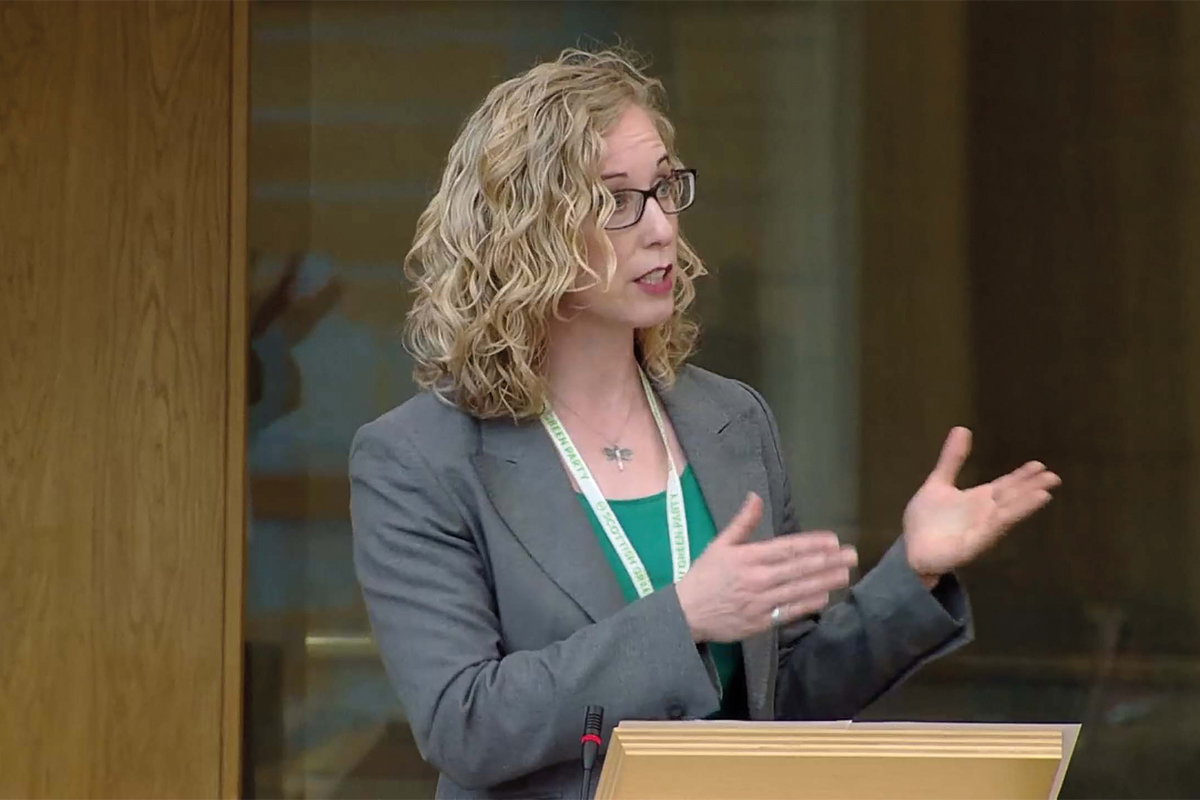Industry and politicians express fears

DRINKS and retail industry leaders were continuing to voice concerns over the proposed Deposit Return Scheme (DRS) as Scottish Grocer went to press.
Calls have grown recently for clarification of the details, delays to its introduction and even for it to be abandoned, with politicians wading into the debate.
SNP leadership rivals Kate Forbes, Ash Regan and Humza Yousaf have all said DRS won’t go ahead in its proposed form.
The opposition comes despite moves to improve the financial set-ups for both producers and retailers, with ScotGov circular economy minister Lorna Slater determined to see the scheme go ahead on 16 August.
Slater said on 28 February that many businesses had made substantial investments, people were being recruited and the infrastructure was being put in place to run the scheme.
She pointed out that stakeholders – including retailers – wouldn’t get a return on their investment until the scheme went live.
Slater said: “It would absolutely be a kick in the teeth to industry to delay this scheme.
“I don’t believe anyone can credibly say they are supporting industry who would delay that.
The question on the table is how we support small producers to participate and that is an ongoing piece of work.”
Administrator Circularity Scotland Ltd (CSL) has put up return handling fees for retailers with RVMs. They’ve risen from 3.55p per container to 3.7p for the first 8,000 containers returned each week and from 1.35p to 1.6p for every subsequent container.
Then on 21 February, CSL announced £22 million of cashflow support to help Scotland’s drinks manufacturers and importers.
It sees up-front admin costs – called day one and month one charges – removed for all producers up to a threshold of three million units per year.
CSL is also providing improved payment terms for lower sales volumes and is allowing the use of self-adhesive barcode labels for niche products.
But the Scottish Wholesale Association (SWA), Society of Independent Brewers, Wine and Spirit Trade Association and Scotch Whisky Association issued a joint statement saying DRS was fundamentally flawed.
They called for the day one and month one charges exemption threshold to be increased to five million units and for ScotGov and CSL to carry out an immediate Gateway Review.
The organisations also want a simplified registration process over a longer time period, an 18-month grace period for small producers and a de-minimis low volume exemption.
SWA chief exec Colin Smith added: “Many concerns remain unanswered around PMPs, GS1-compliant barcodes, bonded warehouses and other issues.”
The Fed national deputy vice-president and Blantyre shop owner Mo Razzaq said: “We want the Scottish government and agencies to sort out the problems as soon as possible but not kick DRS into the long grass again.
“If there is another delay then retailers who have lost out financially should be compensated.”
Interestingly, Innis & Gunn founder Dougal Gunn Sharp claimed that adding 1-2p for all bottles, cans, jars etc at the tills would raise billions of pounds that could then be invested in “the most ambitious kerbside recycling initiative in the world”.
Responding to news that Stirling and Falkirk councils plan to stop kerbside collections of glass, Zero Waste Scotland said it was recommending local authorities did not make service changes ahead of the DRS launch.
A judicial review petition raised by Bellshill convenience retailer Abdul Majid against CSL over the DRS retailer handling fee levels is due to be heard at the Court of Session on 30 March.





















